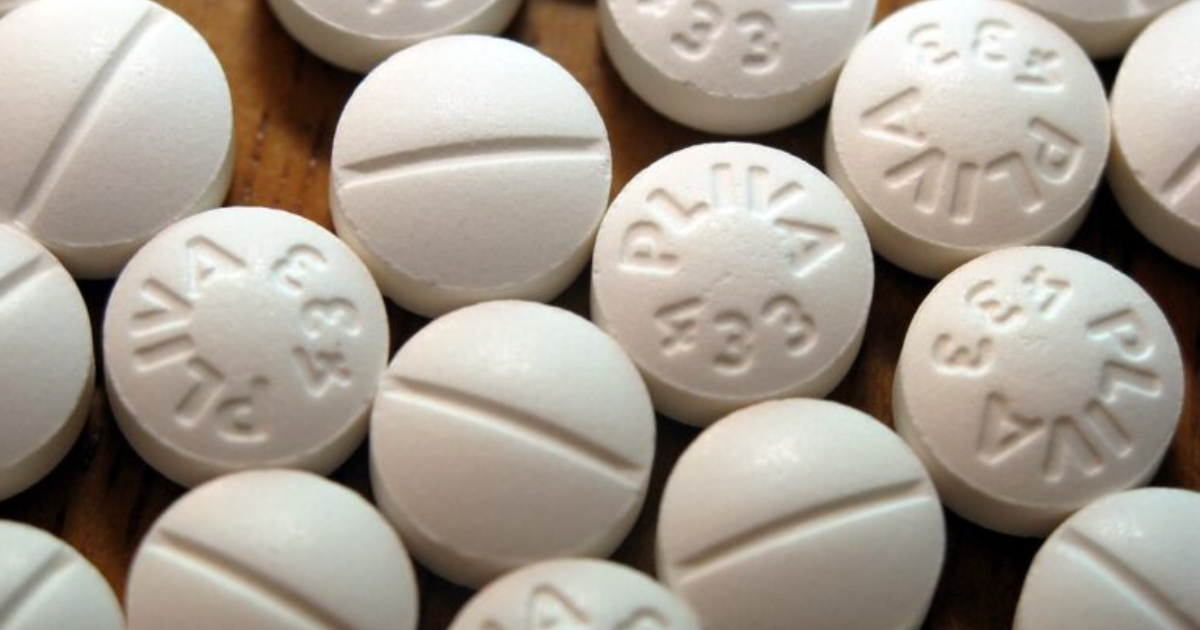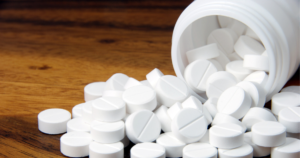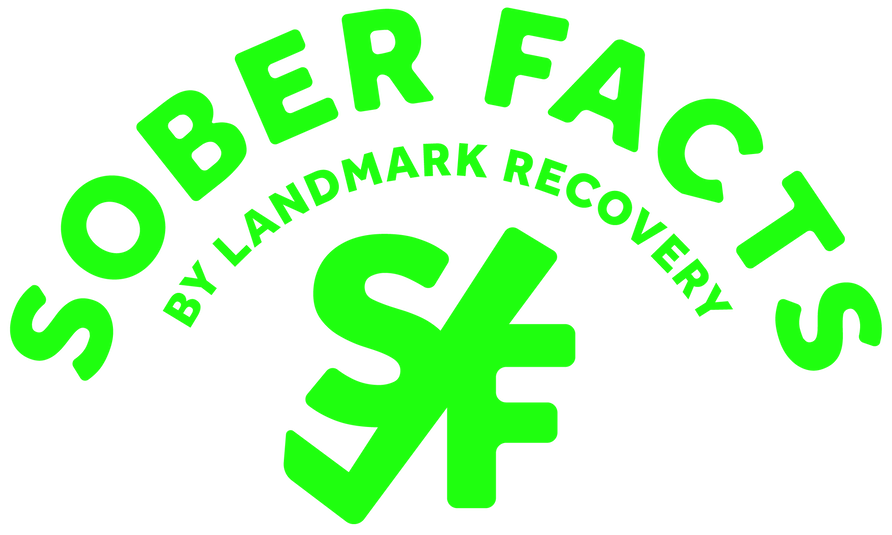Choosing recovery close to home means your support system is just a few miles away.
- 100% Confidential
- Available 24/7
- No Pressure to Commit
- Multiple Financial Options Available
Choosing recovery close to home means your support system is just a few miles away.

Sounds Like: tra.zuh.doon
Classification: Serotonin antagonist and reuptake inhibitor
Controlled Substance Act Schedule: not a controlled substance
Other names for Trazodone

Trazodone is a medication used to treat depression and anxiety disorders. The drug impacts the creation of serotonin, a chemical in the brain that transports messages between nerve cells and throughout the body. Trazodone, a prescribed medication, can effect things like mood. Typically taken as a pill, trazodone’s most recognizable brand name is Desyrel.
Researchers continue to explore the benefits and side effects of trazodone, especially when taken with other medications like monoamine oxidase (MAO) linezolid (Zyvox), methylene blue, phenelzine (Nardil) and tranylcypromine (Parnate). Some teenagers and young adults who’ve taken trazodone experienced increased thoughts of suicide. The drug may also cause serotonin syndrome, which can be serious and cause seizures, shivering, fever and diarrhea.
Need help with Trazodone or another drug addiction?
Call Landmark Recovery and speak with an admission specialist today.
Call NowWe're available 24/7 to help you find Recovery
Trazodone was developed during the 1960s in Italy. It’s primary use is to treat depression. It was approved by the FDA in 1981 under the brand name Desyrel. Today, Oleptro is the only remaining brand name for trazodone, which is typically prescribed as in its generic form.
Trazodone may improve mood, energy level and appetite while decreasing anxiety and insomnia. While not originally intended as a sleep aid, Trazodone has proven to help treat insomnia and other sleep issues.
Read more about taking trazodone for sleep, including potential side effects.
Trazodone usually comes in pill or tablet form and is swallowed. Dosage will be based on your medical condition and response to treatment. Some doctors may start a person out on a low dose and gradually increase the dose as effects are noted. Many people take two doses per day.


While serious side effects of trazodone can include hallucinations, fast heartbeat, fainting, tremors, ringing in the ears, urination problems and stomach pain, most side effects are mild.
While all antidepressant medication carry the risk of abuse, trazodone is not viewed as highly addictive. It can be habit forming, especially if someone is taking it for recreational purposes or for reasons a doctor hasn’t prescribed it for. As with any drug, if you can’t stop taking it consider talking to your doctor or consulting an addiction expert.
The body can develop a dependence on trazodone if it’s taken for months or years. Most people who have taken trazodone long term should gradually taper their use of the drug, rather than stopping cold turkey.
Inability to function normally without trazodone
Prioritizing use of trazodone over spending time with family or friends
Feeling like you can't stop taking trazodone
Experiencing withdrawal symptoms when trying to stop taking trazodone
Trazodone impacts chemicals in the brain that help deliver messages to other parts of the body.
Most people take 50mg to 100mg of trazodone twice a day to treat depression.
Trazodone can cause dizziness and fatigue.